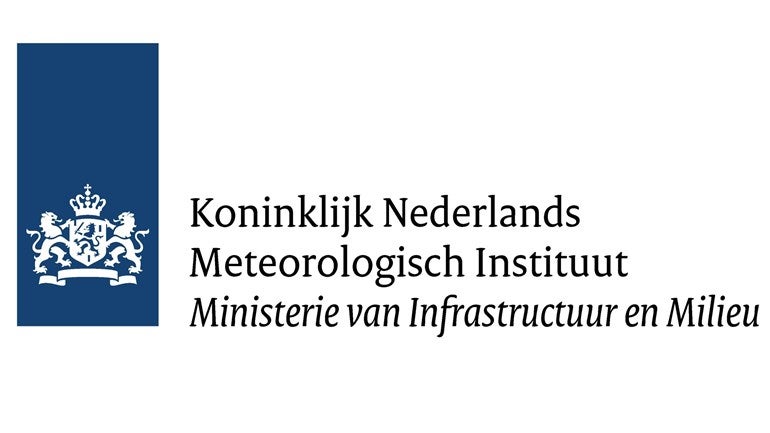Dim Coumou studies how global warming affects extreme weather events around the world, including heatwaves, heavy rainfall and droughts. A decade ago, he was among the first climate scientists to argue that global warming is already intensifying heatwaves and extreme periods of rainfall.
This view was controversial at the time but has rapidly become mainstream. To accurately assess the risks of these extremes, understanding the role of changes in atmospheric circulation is essential. Based on new fundamental insights, Coumou’s team showed how ‘Arctic amplification’ (i.e. faster warming in the Arctic compared to lower latitudes) affects the jetstream and thereby extreme weather in summer. This comparatively rapid warming in the Arctic has weakened the jetstream, leading to persistently hot, dry summers.
Together with colleagues, Coumou also presented evidence for a novel theoretical hypothesis called ‘wave resonance’, which posits that large-scale atmospheric waves can resonate and create persistent, strongly meandering jetstream states. These states can, in turn, trigger simultaneous extreme weather events around the Northern Hemisphere, as seen during the European drought in the summer of 2018. This creates risks for global food production due to simultaneous harvest failures in breadbasket regions (including the USA, Europe and Russia).




